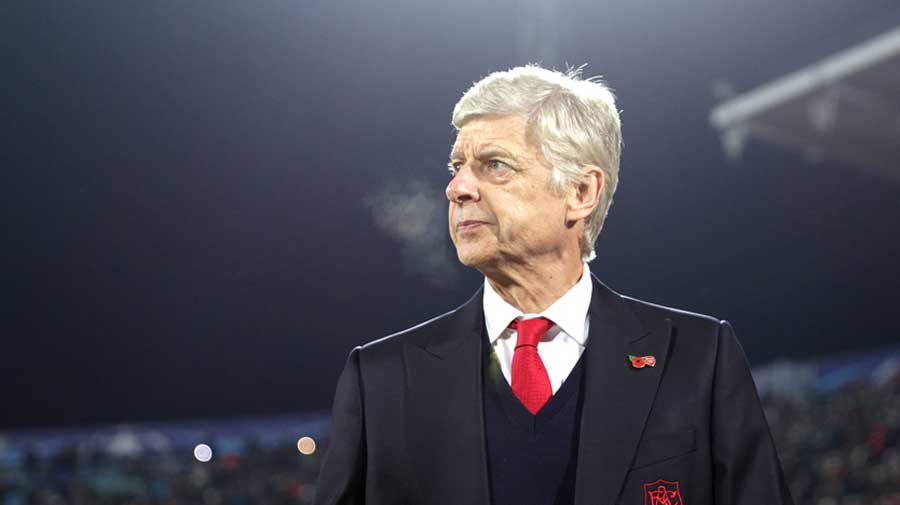Scholars are viewed as harbingers of change; their ideas challenge and, often, break established moulds. As such, it is only fitting that a significant change in a different arena — football — is being brought about by a man known as ‘Le Professeur’. Arsène Wenger, one of the most revolutionary thinkers of the Beautiful Game — his approach towards training, nutrition and man-management transformed the way in which coaches looked at English football — has proposed a change in football’s contentious offside rule. At present, players on the field are adjudged offside if any part of their body with which they can play the ball is closer to the opponents’ goal line than both the ball and the last defender. The existing rule has stoked controversy and given football fans untold heartache, with offsides often being declared by the tightest — some would say, the unfairest — of margins. The former Arsenal manager’s proposed rule — it will be tried out by Fifa in the Chinese league — could mean a huge victory for attackers in the law books of the game. Mr Wenger’s rule states that attackers will be deemed onside if any body part with which they can play the ball is in line with the relevant defender. If the new law gains wider legitimacy, there will be a number of implications. For one, areas of uncertainty — and the coronary status of football lovers — will no longer be at the mercy of the blind spots of technology. Second, it might signal the end of marginal offside calls, thereby making the game more attacking and enhancing its dramatic appeal.
Mr Wenger’s proposal does have its critics, with many arguing that it would alter the basics of defending and not be properly enforced by on-field referees. Setting these quibbles aside, it would be instructive to analyse the agenda of rule-change in sport. Changes in regulations that guide sporting activity signify that evolution is natural to sport as it is to life. But such transformations are not always innocuous: they also mirror extraneous factors and their connection with the consumption of sport as a spectacle. Changes are rarely implemented without the intent to render a game more competitive. This is because the element of competition has a complementary relationship with viewership, sponsorship and, consequently, revenue. Football has not been the only theatre of such experimentation. The shortening of boundaries, the application of the decision review system, the introduction and subsequent tweaking of the ‘super over’and such other changes in cricket were all decisions taken with an eye on heightening drama and, by implication, filling the coffers of the administration.
Yet sport also sports warts that seem unchanging. The pay gap between men and women footballers has been found to be worse than that in medicine and politics; institutional support for differently-abled sportspersons and competitions remains patchy. For sport to be held up as a theatre of inclusion and fraternity, there is a need to ring in changes that are more radical than those pertaining to the offside.











